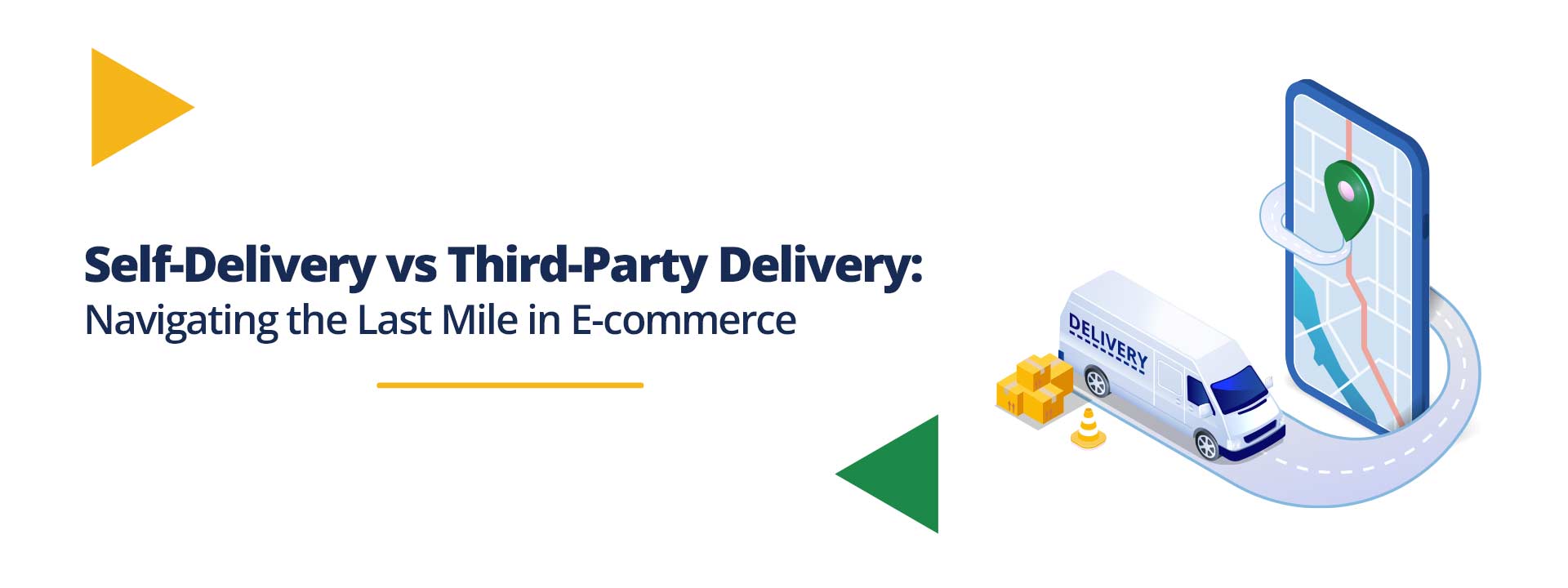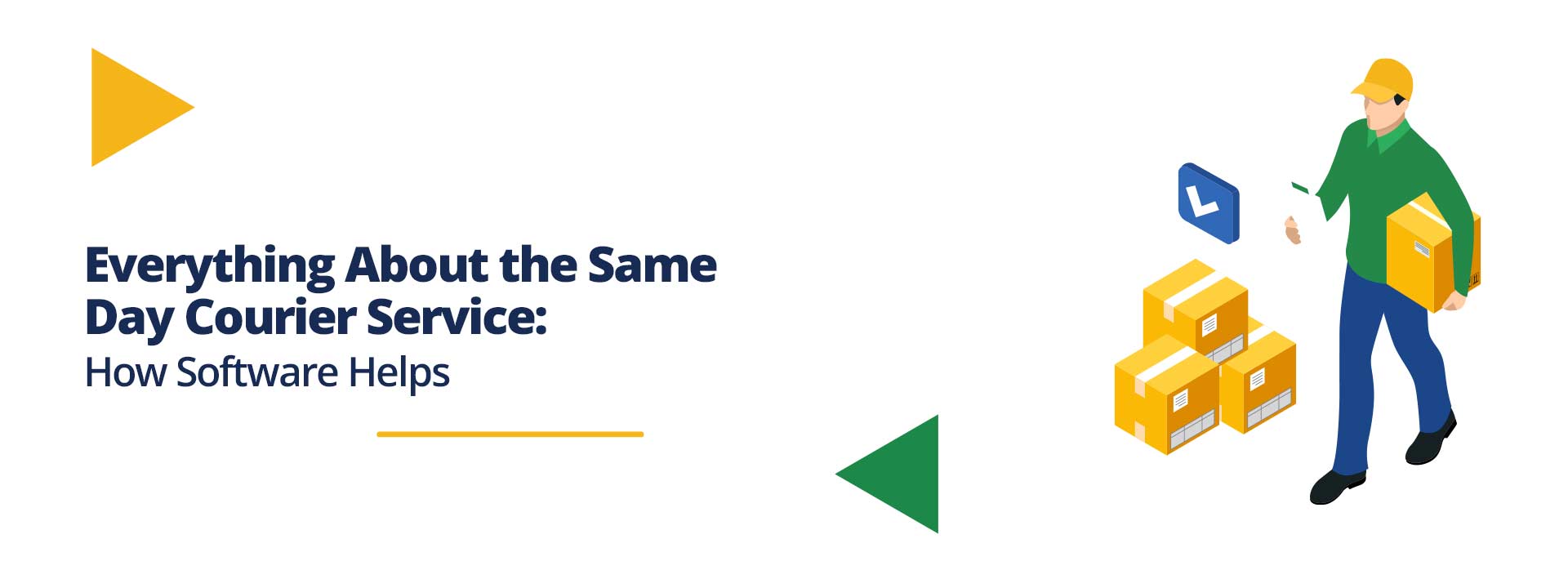Saudi Arabia is a fast-growing market for starting a delivery service with access to many industries. In Saudi Arabia, the online food delivery market alone is valued at $511 million, with even greater growth expected next year. Many companies see the potential for growth and success in the market and hence launch their online delivery service in the country.
However, starting your own delivery business in Saudi Arabia is not so easy, the reason lies in the many government regulations and rules that must be followed to operate the business legally.
Here’s a quick guide on how you can start your own delivery business in Saudi Arabia:
- Develop a smart plan
When starting a business, make sure you are offering a solution to a problem that is in demand. No one will use your product unless it satisfies a specific need or meets customer requirements. Once you have decided what services or products you want to sell, you should develop a business plan.
Developing a business plan does not mean that it has to be written out in minute detail on 50 pages. A business plan should briefly describe your business strategy and business model, what tactics you are going to follow, and the amount of financial resources to implement the plan. For an online delivery service, you need to plan delivery zones, turnaround times, fleet management, and other logistics involved in managing delivery.
- Attract investment and develop your product
Once you have a clear, competent plan, start pitching it to investors to raise the necessary capital to start your business. The minimum capital investment for registering an LLC is SAR 500,000, the number of shareholders must be from 2 to 50. In addition, it is worth considering that funds and capital are also required to develop your product and brand.
There are different sources of raising funding in Saudi Arabia: seeking capital from business angels, venture capitalists, crowdfunding or even self-financing. In the third quarter of 2021 alone, Saudi Arabian startups managed to quadruple their funding from venture capital investors. So, if the plan is drawn up correctly, the result will not take long to come.

- Stay up to date with all documentation and laws
The government entrusted the issues of opening a technology business to the Communications and Information Technology Commission (CITC), and at the beginning of 2020, the commission approved a list of documentation necessary for successfully running a delivery business. They are designed to ensure consumer protection and high delivery standards.
CITC has provided the public with a list of rules and regulations that companies must comply with or update (this documentation can be viewed here ).
The list of documents includes an identification card of the business owner, a business registration certificate, and others. The business must provide guarantees for the protection of consumer data, ensure that there is a system for receiving feedback and processing it, register all vehicles used, provide licenses to drivers, have a mechanism for returning an order in case of non-fulfillment, etc.
The government is implementing effective regulation of all laws that require all service providers to ensure that company policies and terms and conditions of delivery services comply with certification requirements. This is necessary to avoid possible consequences, such as large fines or even suspension of business in the country.
- Use delivery management software
Delivery management has its own characteristics and difficulties. Managing deliveries manually is possible, but it is 100% prone to glitches and human errors, which can compromise the customer experience. Delivery management is best done using a ready-made system that is designed to optimize the route , perform last-mile delivery, and also manage the fleet.
Some companies connect different software with different functionality and face management difficulties, not to mention the financial burden of the issue. That’s why the smartest option is to choose one holistic order and shipping management system (like Shipox ) that allows you to have all the features you need for complete shipping management in one platform. With the help of such software, your business processes will become automated and more efficient. This way, you can optimize costs and resources, and fully focus on growing your business.
- Stay up to date with the latest trends
In addition to rules and regulations, you need to stay abreast of rapidly changing market trends and industry requirements. To do this, be interested in the activities of competitors, adapt to new market trends in order to be able to provide exactly what consumers demand.
For example, the logistics business is currently developing rapidly. In 2020, in Saudi Arabia alone, automation of the warehouse process reached 25%. 40-45% of Statista survey respondents said they expect even greater physical automation of warehouses by 2024, increasing the speed, volume and flexibility of logistics. By 2027, more than 40% of consumers worldwide are expected to demand environmentally friendly and sustainable supply processes. In addition, there will be a greater focus on delivery speed and last mile deliveries will increase globally. With these projections in mind, your company must develop long-term plans and goals ahead of time.
Shipox is data-driven shipping management software that allows users across a wide range of industries to leverage competitive market features and customer support to automate and improve the shipping process. Shipox users can increase the efficiency of their shipping process, effectively optimize their costs, and improve their customer experience. To learn more, you can sign up for a quick demo here .




